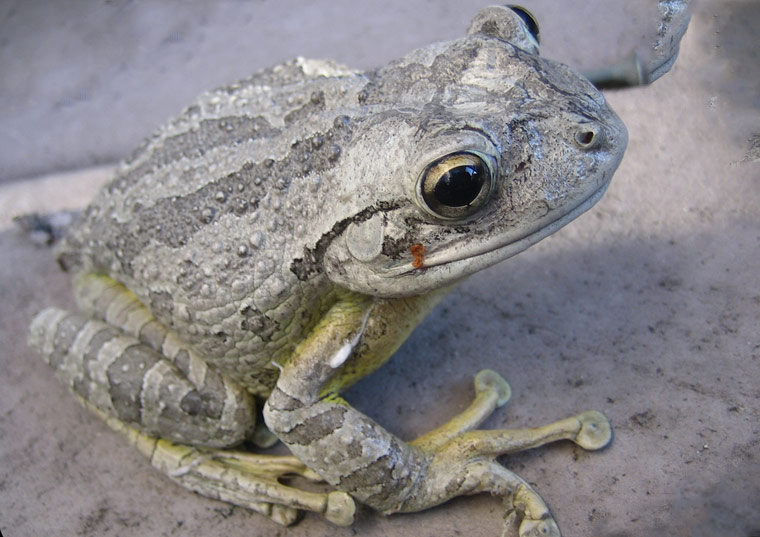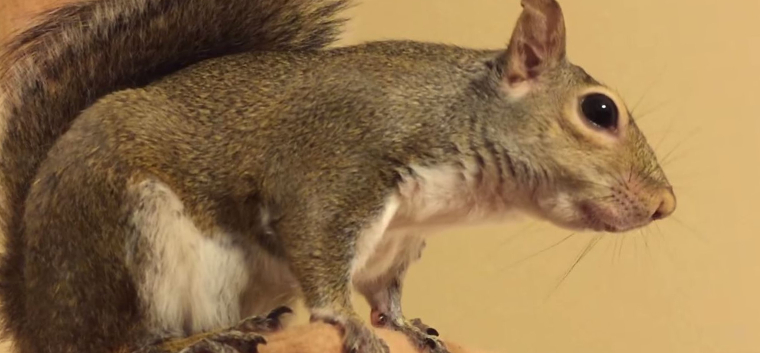-
info@aaanimalcontrol.com
Call us for help in your town
Humane Wildlife Education
Are wild animals good options for pets?
Need wildlife removal in your hometown? We service over 500 USA locations! Click here to hire us in your town and check prices - updated for year 2020.
Some wild animals do not make good pets, but some have been well domesticated over the years. Rats, for example, are not good animals to have in your home when they are wild, but when they are specially bred as pet rats — the ones that haven't been left to fend for themselves and pick up diseases out in the big, wide world — will be much safer.

Rats have been shown to be quite loving pets, and they’re fast learners too. They show compassion, kindness, and even an odd generosity that isn't often seen with animals at all, let alone rodents. When pet rats have been bought from reliable and reputable pet stores and breeders, they can make very good pets indeed. You do need to ensure you have done your due diligence though. If you don't care of your pet, no matter how tame or wild, it can become sick and die.
There seems to have been an increase for more ‘exotic’ pets over recent years, and this has led to some rather nasty incidences. These animals are wild animals, just as the name would suggest, and because of that, they are not used to being tamed. Their wild instincts will kick in from time to time, and this is something that takes many generations to cut free, not just a few weeks of basic home training. Many animals are incredibly tame as youngsters, but as they grow bigger and older, become aggressive and unmanageable. Raccoon babies, for example, are very cute, but once they turn into full blown adults that can tear siding and eaves from the side of your home, open latches and climb in through windows, and even rip apart an animal with sharp teeth and claws, they are a force to be reckoned with.
As well as needing very specific lifestyles, most wild animals also require a very specific diet. Without the right information and education, you may not feed your ‘pet’ wild animal the right food, and as well as leading to the animal becoming aggressive, and maybe even trying to break free to find what it wants, you also run the risk of making that animal very sick.
As well as the amount of exotic pets being on the increase, the amount of exotic and wild pets being released back into the wild again is also on the increase. Some animals also escape, and this can have deadly effects. When large and dangerous snakes break free from their vivariums they can pose a problem to local pets and people, and also the wildlife around them too. They can destroy entire ecosystems simply because they are not meant to be there. Some of these snakes are meant to be in Asia, and other parts of the world, and they wreak havoc when they are released into the wild, where they then breed and take over the wildlife that is meant to live there. Some snakes are unable to find food when they have been released into a brand new environment that they are not accustomed to. These species will likely die long and painful deaths, either starving because they are unable to find food, or coming under constant predatory attacks, because they simply do not know what these new predators are.
In some cases the species will thrive, and this is when they become an ‘invasive species’. They are not designed to live in the new territory, and their introduction to it will cause widespread ripples.
Wild animals are wild. They are meant to be wild. They are designed to live in the wild, and the majority of them do not handle taming missions very well. We would never recommend getting an exotic or wild pet without doing your due diligence first. It is a long-term commitment, with some of these animals requiring constant and round-the-clock care and monitoring for many years.
Need squirrel removal in your hometown? We service over 500 USA locations! Click here to hire us in your town and check prices- updated for year 2020.
It seems to be a big craze lately — people owning weird and wild animals domesticated pets. We've seen everything over the last few years, from raccoons to squirrels, snakes to deer, and more. It seems no animal is safe from human interaction these days, although, many of them are willingly coming along because of the prospect of food.

You will find that it is illegal to have a squirrel as a pet in many states across America, which seems a little extreme, but isn't without good reason. Other states may permit to trap, transport, and then ‘own' the animal, but only with the correct permits, and in other states, you will only be able to get close to these animals if you have the necessary licenses, insurances, and permits to then call yourself a wildlife rehabilitator.
These are all rules that you MUST check before deciding to take in any stray or wild animals, whether it has been abandoned by its mother or not.
There are also practical reasons why you might want to have a squirrel as a pet, many of which, once again, are not taken into account when homeowners first introduce the animal into their habitats.
Squirrels are wild animals with wild behavioral patterns. They scratch, bite, stash food in weird places, and much more besides. This weird and wild behavior won't suit a more civilized home, but this isn't information that a squirrel would easily understand. It just thinks that your home is now its home too, and will act as it normally would.
Scratches and bites can require medical treatment, and even a squirrel walking across your skin can result in nasty scratches and cuts. When we say that their claws are sharp, we mean they really are sharp. They won't even mean to hurt you and it'll happen, so this isn't definitely not an animal that you would want close to your children or any other animals, including pets.
Food stashes can quickly become problematic. If this food has been stashed in your home, it has the potential to be an attractant to other animals, such as rodents. Seeds and berries can become planted in places they shouldn't, and trees can uproot pathways and even physical structures — walls and fences, etc, when they begin to grow.
Squirrels will also bring diseases into your home, some of which can be prevented by domesticating the animal, but many of which cannot. Rabies is always a threat with small mammals, although it is considered rare for squirrels to carry or contract it. Other diseases will be a threat, however, including tularemia, leptospirosis, and salmonellosis.
Squirrels do not make good pets, although they might pretend to be cute enough to be a pet for a while. Abandoned squirrels that are found in the wild or even in your back yard are not going to make good pets either, despite finding them and taking them into your home at an early age.
We do not recommend treating squirrels as pets — feeding them, caring for them, doing anything other than trying to encourage them to hang out somewhere other than your garden.
For more information, you may want to click on one of these guides that I wrote:
How much does squirrel removal cost? - get the lowdown on prices.
How to get rid of squirrels - my main squirrel removal info guide.
Example squirrel trapping photographs - get do-it-yourself ideas.
Squirrel job blog - learn from great examples of squirrel jobs I've done.
Squirrels in the attic - what to do to solve the problem.
For more information, you may want to click on one of these guides that I wrote:
How To Guide: Who should I hire? - What questions to ask, to look for, who NOT to hire.
How To Guide: do it yourself! - Advice on saving money by doing wildlife removal yourself.
Guide: How much does wildlife removal cost? - Analysis of wildlife control prices.
animals in the attic
noises in the attic


















